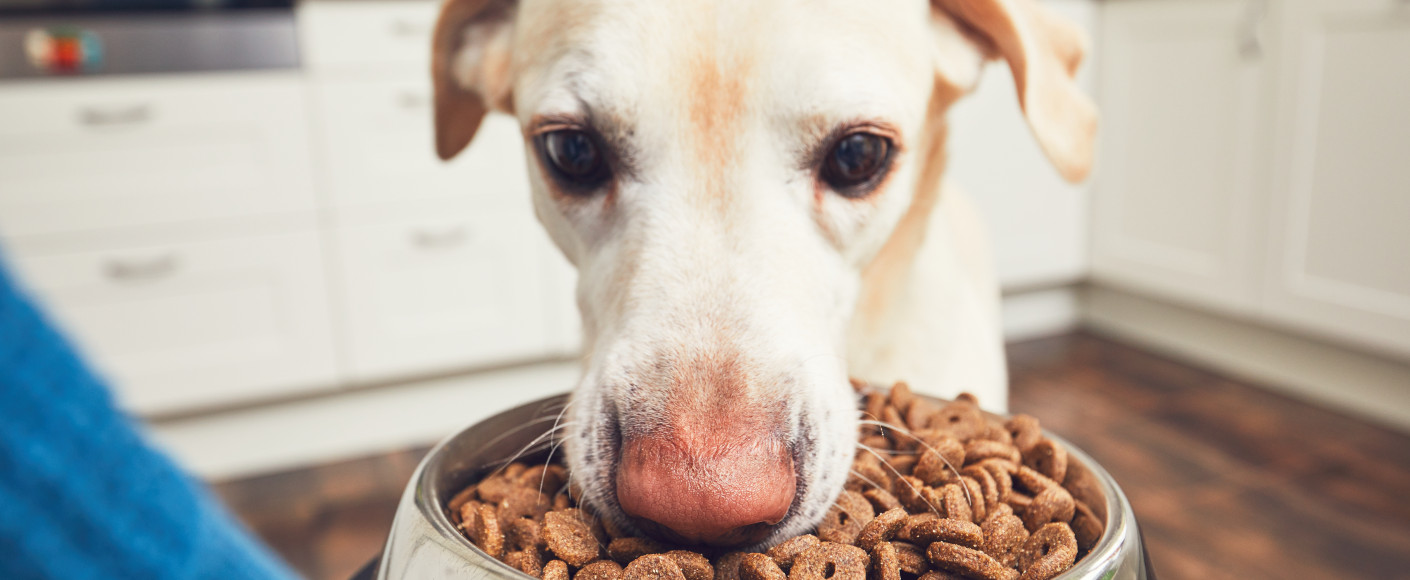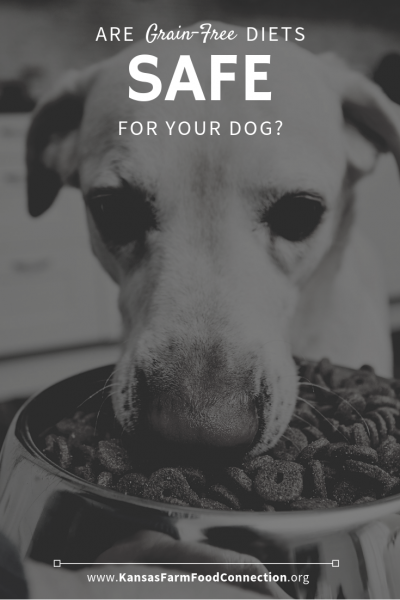Are Grain-Free Diets Good for Dogs?
We want to feed our families wholesome, healthy food. That extends to our fur family members, too. To help our pets live longer and maintain their health — from shiny coats to flexible joints — we start by feeding them well.
What does a healthy diet for pets look like? A growing trend has been toward grain-free diets. Some people think grains like corn and wheat are unhealthy for dogs. But, is this really the case?
We dug into some myths about grain-free pet diets and found some eye-opening information.
Myth: Grains Are Filler in Pet Food
You may have heard people say grains are simply filler and don’t provide dogs with the nutrients they need. Grains can provide energy, fiber, protein and essential fatty acids. Nutrients like amino acids and fatty acids help keep skin and coats healthy. They can also help the immune system function well. Grains are also carbohydrates. Just like carbohydrates are good for people, they’re also healthy for pets.
Because grains can be produced more economically than other ingredients, pet food with grain is less expensive. This doesn’t mean it’s lower in quality. Many pet food manufacturers have carefully crafted nutritional profiles and quality control standards — the makings for a high-quality food.
Plus, grains are important to the flavor profile of pet food. Taste tests have shown dogs prefer the taste of corn in their food to other forms of starches.
Myth: Grains Trigger Allergies in Pets
Some people think grains can trigger allergic reactions in dogs. While some dogs may have food sensitivities to certain foods, it’s very rare (only about .2 percent according to one study) and highly individualized, just like it is in people. Dogs can be allergic to certain grains, as well as proteins and vegetables.
While allergy testing may help point you in the right direction, doing an elimination diet (when you feed them only a few ingredients to see if they improve then slowly add foods back in to monitor for recurrence) is the best way to rule out allergies.
Myth: Grains Aren’t Healthy for Dogs
Recent research shows a potential link between grain-free diets and a type of heart disease called dilated cardiomyopathy (DCM). Although it’s still being researched, certain veterinary clinics have seen more cases of heart disease in breeds not genetically disposed to cardiac issues and who are on specialty grain-free diets. Enough cases were reported for the Food and Drug Administration to take notice and investigate the link.
The latest science indicates that the risk for DCM is also linked to food from boutique companies and foods containing exotic ingredients, in addition to grain-free diets. If you’re concerned about or unsure what to feed your dog, consult your vet. He or she can provide specific recommendations for your dog, as well as give you insight on what to look for in a food.
As with any food, it all comes back to the farm. Dog and cat food are among to top exports from Kansas, totalling more than $131 million in 2021. Grain crops like corn and wheat, as well as other pet food ingredients like soybeans, are among Kansas’s top crops. The grains grown here are wholesome and provide healthy carbohydrates for all of our family members — people and pets alike.


